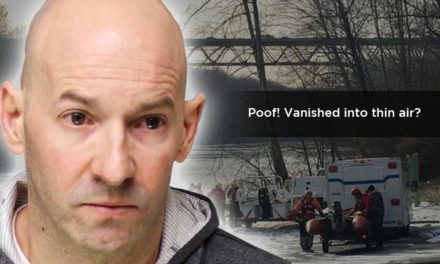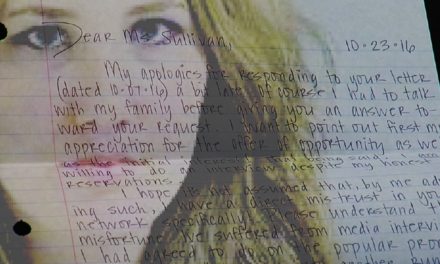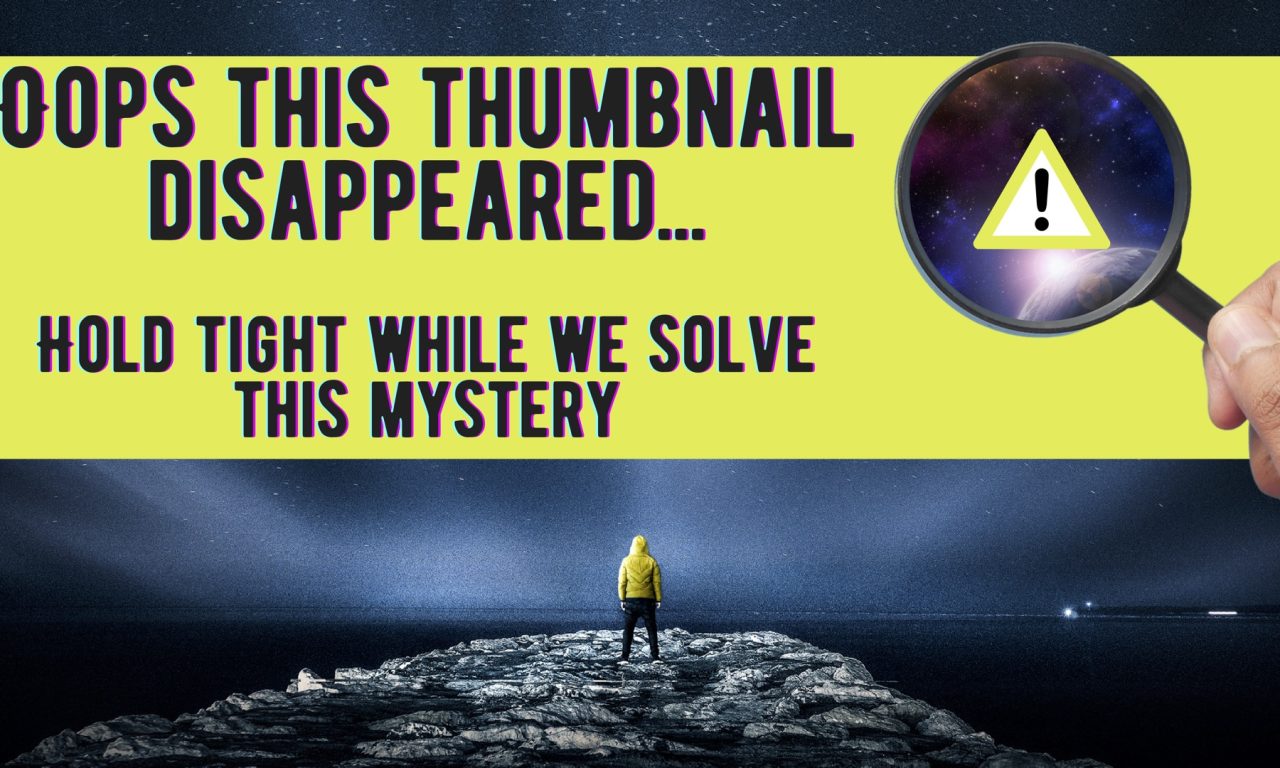Jamie Leigh Jones sounds like the name of an A-List actress. Instead she was a girl with no particular name or fame, until events in Iraq thrust her into the spotlight. She’s a tragic figure whether you believe every word she’s ever said, or almost no word she’s ever said.
Whether you believe that she was horribly exploited, or has horribly exploited the truth and the justice system, her case is central to a critical scandal of our time–the vulnerability of women in foreign deployments, surrounded my male colleagues, to various abuses, including rape.
So her story makes a companion chapter to our posts on LaVena Johnson, and Tina Priest. If you don’t recall Jamie’s case, the thumbnail is this: she alleges gang-rape in Iraq by KBR (a major civilian contractor) employees, confinement in a KBR shipping container after she complained of the abuse, and a pattern of slanderous treatment by KBR ever since. The company, and much of the objective record, paint a different picture, one of exaggeration, at best, by Jamie Leigh.
After many years and much ado she got her day in court, and lost a civil case resoundingly in 2011, ordered to pay $145,000 towards KBR’s legal costs in the trial. Her credibility was largely shot. Mother Jones magazine, normally inclined to be supportive of cases like hers, offered an article that year by Stephanie Mencimer that soberly reviewed the facts. Physical evidence and testimony gave scant support to Jamie Leigh’s version of events. She’d been drinking, just for example, not given date-rape drugs, and probably not held at gunpoint afterward by KBR personnel.
But the article stressed that not all is black and white, a simple checklist of true or false in situations like these.
“Oftentimes the truth is in between,” says Laurie Levenson, a former federal prosecutor in Los Angeles. “The truth may be that this wasn’t rape as we come to understand it in the law, but it wasn’t something that was appropriate. It doesn’t mean that something didn’t happen.” However, if Jones hasn’t been entirely truthful and the jury rules against her, it could be a major setback for sexual assault victims, particularly women serving in war zones. “The problem with cases like this is, if it turns out that she’s making it up, it really does a disservice to the many women who really are raped who have trouble coming forward,” Levenson says.
Our focus here, in a social and psychological mystery, revolves around what happens in the psyche amidst trauma, and what constitutes “making it up.” If you woke up after a night of heavy drinking, sore and bleeding, might you assume you would never have consented to sex that rough, not in that fashion and not with that person or persons? What would you remember for sure, and how would you shape it into allegations?
 Exactly what went on that night, and exactly how Jones remembers it, mentally and emotionally, are all sides of same mystery.
Exactly what went on that night, and exactly how Jones remembers it, mentally and emotionally, are all sides of same mystery.
There’s no question she’s a dynamo, a talented student who’s already earned graduate degrees and taught college since returning from Iraq, married and had children, founded advocacy groups, appeared in documentaries, and prepared her own book on the saga.
Where does the promotion of her agenda begin, and end, and where does truth, if we can find it here, reside exactly?
Do variations from apparent truth mean much, if overall the women was a victim of abuse? Our mystery lies in the mind of a bright, dynamic and complex person.











